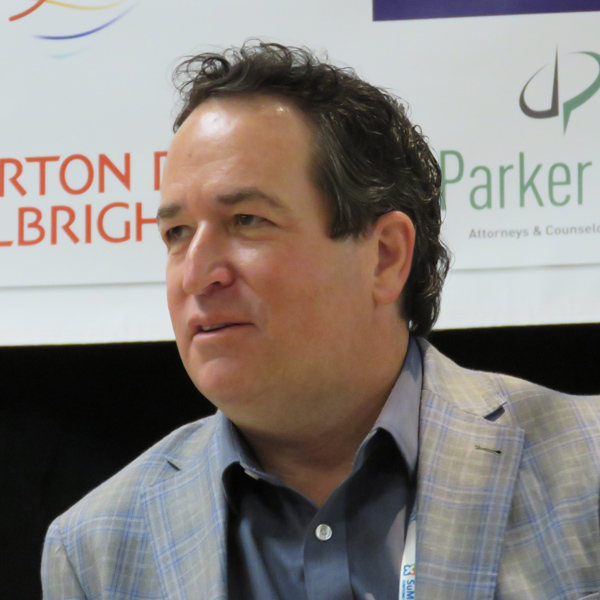
CHARLOTTE, N.C. — Renewable power advocates said last week they remain troubled by the concessions legislators made to utilities in return for the carbon-reduction goals of House Bill 951, saying the law fails to protect low-income residents, undermines competition and excludes renewable technologies other than solar.
The law, enacted in October, directs the North Carolina Utilities Commission to take the “least cost path” to cut electric-sector carbon emissions by 70% from 2005 levels by 2030 and reach carbon neutrality by 2050. The law also requires the state’s utilities — including Duke Energy Progress, Duke Energy Carolinas (NYSE:DUK) and Dominion North Carolina Power (NYSE:D) — to add 2,660 MW of new solar generation, 45% through power purchase agreements and the remainder utility-owned. Utilities will be limited to securitizing only 50% of the remaining book value of coal generators retired early. But it also ensures any other new generation will be utility-owned and subject to cost-of-service rates. (See New Era for Grid Planning in North Carolina?)
The 11-page bill that emerged from the North Carolina Senate was less prescriptive than the initial 50-page House bill, leaving much of the policy decisions to the NCUC.
“But from my perspective, what happened is it got much more prescriptive about the renewable resources that have the opportunity to compete in a marketplace,” Adam Will Foodman, CEO of Solar Operations Solutions and chair of the Carolinas Clean Energy Business Association (CCEBA), said during a panel discussion last week at Infocast’s Southeast Renewable Energy conference. Aside from the 2,660-MW carve out for solar and solar plus storage, “everything else is considered regulatory assets of the utility,” he said.
“Innovation, competition, is the lifeblood of an economy,” he said. “And absent those items, I think it’s difficult to see us charting the most efficient path to an energy transition. … We want a broader opportunity for technologies to compete in the transition that is going to take place with the retirement of coal. There are some opportunities there opened up in the bill. I think it remains to be seen how they will be implemented by the utility commission.”
Consultant Diane Cherry, whose clients include renewable energy developers, the Sierra Club and Carolina Utility Customers Association, a group of manufacturers and other large consumers, said she was disappointed that the law lacked a carve out for stand-alone storage. She also expressed concern that the design of customer programs will be subject to commission rules, making the upcoming dockets — as many as seven of them may be needed to implement the law — a “full employment” guarantee for regulatory attorneys.
Stephen Kalland, executive director of the North Carolina Clean Energy Technology Center at North Carolina State University, said he was disappointed that the final bill did not address distributed generation, community solar, net metering or rooftop solar. But he said the compromises could not obscure the historic nature of the bill’s carbon-reduction goals.
“To see legislated carbon goals … in a bill sponsored by Republicans in both chambers and signed by Democratic governor [is] pretty much unprecedented nationally. I think it was something that was somewhat breathtaking as an example of what states could actually do if they really wanted to drive the train forward in the clean energy space.”
Kalland said the current commission is knowledgeable about the technical issues the law presents. “And so if I had to pick between the legislature writing detailed rules for the energy market, and that utility commission writing those rules, I think it was actually a pretty good outcome,” he said.
Betsy McCorkle, a partner in the lobbying group Kairos Government Affairs, which represented the North Carolina Sustainable Energy Association (NCSEA), said she fears the compromises made to win the carbon cuts may undermine renewable energy advocates in the future.
“In the decade that I’ve been advocating for clean energy, mostly in front of conservative audiences, we have built the case that clean energy is an economically competitive technology. … And I think having [the perception that] the carbon standard be the driver … for these new clean energy technologies in North Carolina, it kind of takes us back a little bit on advocacy perspective. It’s, ‘Democrats got a carbon standard and, Republicans got things that were good for the vertically integrated monopoly.’ … I think you all know it’s not that simple. But as someone who has to constantly advocate in front of people who don’t look at energy every day of their lives, and they get a sound bite here and there, I’m a little bit concerned.”
“There’s gonna be a lot of work to do at the commission,” she said. “… No doors have truly been closed. We’re just kind of moving the venue.”
Ivan Urlaub, chief of strategy and innovation for the NCSEA, said the NCUC will need to be innovative to overcome the Achilles’ heel of the law: the utility ownership provision.
“The evidence has shown that the utility is not least-cost; it’s just not,” he told the audience. “Your businesses are. … And when your businesses and the customer work together, that’s where we most often see the least-cost options.
“The law is basically inviting the regulator to come up with one integrated solution and innovate in how they do planning,” he continued. “The ball’s in the commission’s court. Are they going to pick it up and play a good hard game with it, and, and really be aggressive [or] are we going to get some status quo?”
Urlaub urged those participating in the upcoming dockets to be suspicious of short-term wins in settlement discussions.
In short term deals, “the carrot … gets dangled to slam the door on the next 12 carrots,” he said.



